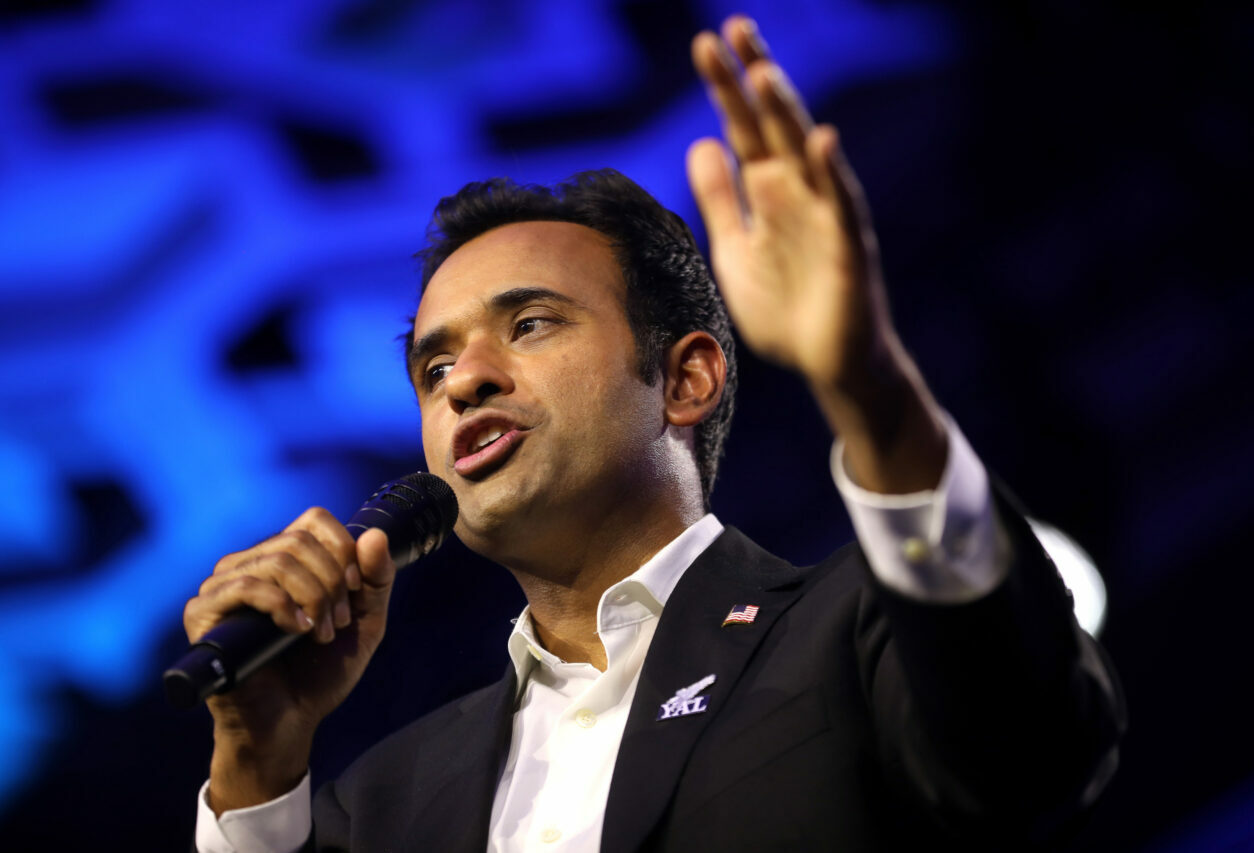Note from the Publisher: This piece belongs to the Merion West Legacy series, referring to articles and poems published between 2016 up to Spring 2025.
The Sophistry of the New Right Activism

“Rufo’s ‘New Right Activism’ is not the prescription of one who, following Socrates, seeks to be virtuous, but rather one who, following Faust, sacrifices his soul to achieve victory.”
Timeless reading in a fleeting world.
Journalism
Commentary
Poetry
Merion West is an independent publisher, celebrating the written word since 2016.
Join Now
$3/month Free
If unable to pay, click here.

